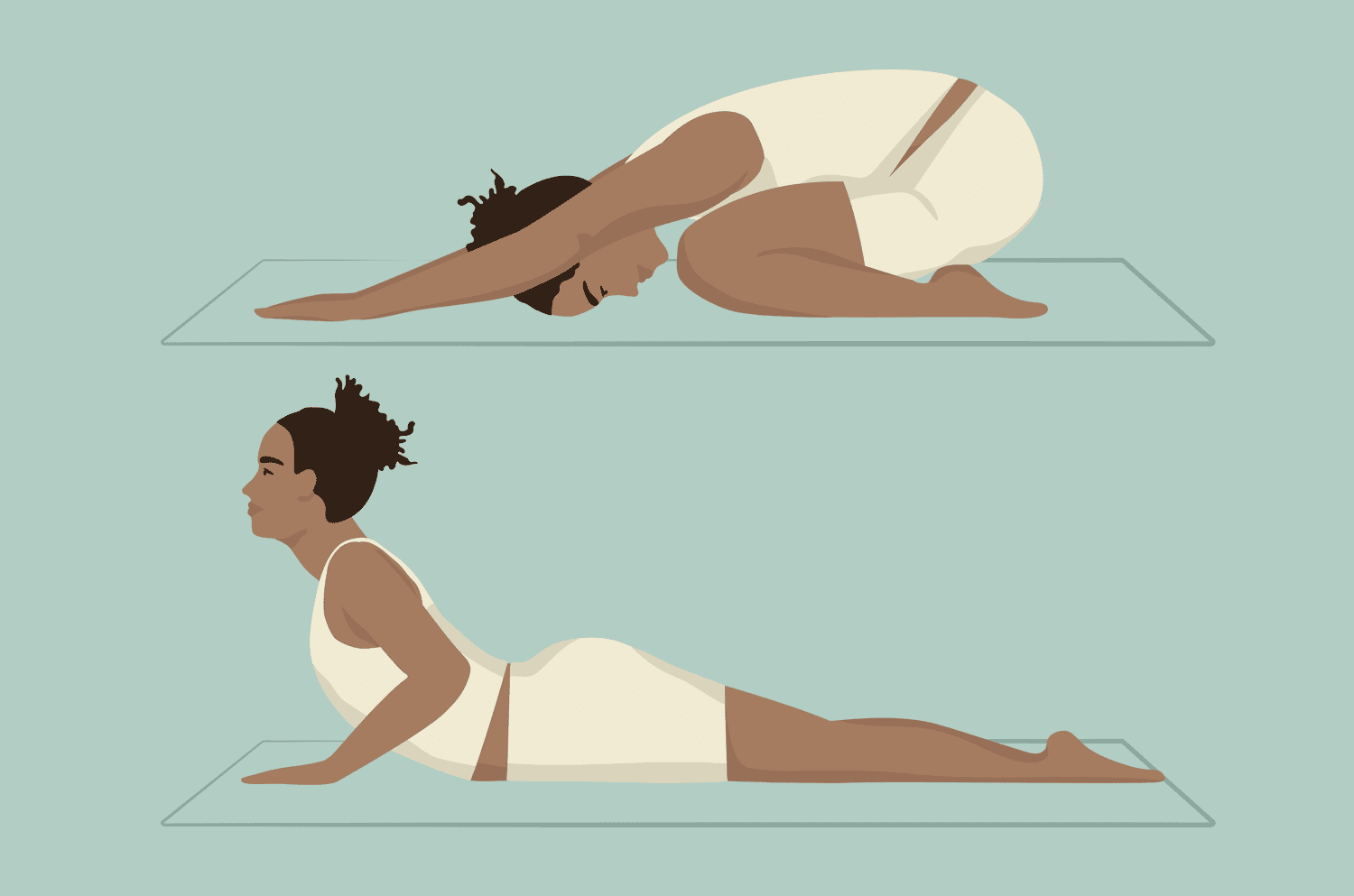In today’s fast-paced world, maintaining mental health is more important than ever. Yoga, an ancient practice that combines physical postures, breathing exercises, and meditation, offers a holistic approach to improving mental well-being. This guide explores the numerous benefits of yoga for mental health and how you can incorporate it into your daily routine.
Why Yoga?
Yoga is more than just a physical exercise; it’s a practice that connects the mind, body, and spirit. By integrating mindfulness and movement, yoga can help reduce stress, improve mood, and enhance overall mental health.
Top Mental Health Benefits of Yoga
- Reduces Stress
- How it works: Yoga helps lower cortisol levels, the body’s primary stress hormone. The combination of physical movement and mindful breathing promotes relaxation and reduces tension1.
- Practice tip: Incorporate poses like Child’s Pose (Balasana) and Corpse Pose (Savasana) into your routine for deep relaxation.
- Eases Anxiety
- How it works: Yoga encourages deep, mindful breathing, which can calm the nervous system and reduce anxiety2.
- Practice tip: Try incorporating Pranayama (breathing exercises) such as Nadi Shodhana (alternate nostril breathing) to help manage anxiety.
- Improves Mood
- How it works: Regular yoga practice increases the production of serotonin and endorphins, the body’s natural mood lifters3.
- Practice tip: Engage in a Vinyasa flow or Hatha yoga session to boost your mood and energy levels.
- Enhances Mindfulness
- How it works: Yoga promotes mindfulness by encouraging you to focus on the present moment, which can help reduce negative thought patterns4.
- Practice tip: Incorporate meditation or mindful movement practices like Yin Yoga to enhance your mindfulness.
- Boosts Self-Esteem
- How it works: Yoga helps build a positive relationship with your body and mind, fostering self-acceptance and confidence5.
- Practice tip: Practice poses that challenge you, such as Warrior Pose (Virabhadrasana) and Tree Pose (Vrksasana), to build strength and confidence.
- Improves Sleep
- How it works: Yoga can improve sleep quality by promoting relaxation and reducing stress1.
- Practice tip: Incorporate a gentle evening yoga routine with poses like Legs-Up-the-Wall (Viparita Karani) to prepare your body for restful sleep.
How to Incorporate Yoga into Your Routine
- Start Small: Begin with short, manageable sessions and gradually increase the duration as you become more comfortable.
- Find a Style You Enjoy: Experiment with different styles of yoga, such as Hatha, Vinyasa, or Yin, to find what resonates with you.
- Create a Consistent Practice: Aim to practice yoga regularly, even if it’s just a few minutes each day. Consistency is key to reaping the mental health benefits.
- Use Online Resources: There are many online classes and apps available that can guide you through yoga practices tailored to your needs.
Conclusion
Yoga offers a powerful, natural way to enhance mental health. By reducing stress, easing anxiety, improving mood, and promoting mindfulness, yoga can help you achieve a balanced and peaceful state of mind. Start incorporating yoga into your daily routine and experience the transformative benefits for yourself.





